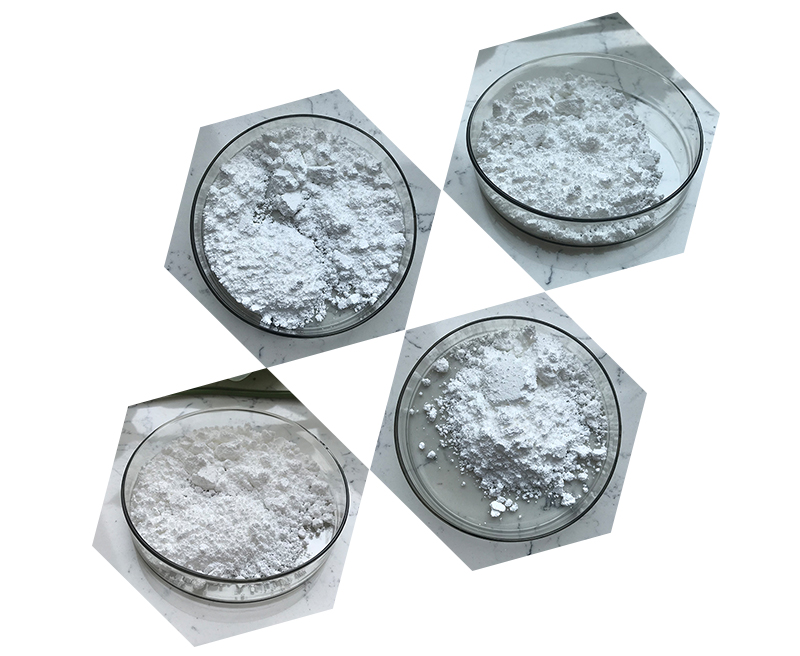NMNH (Reduced Nicotinamide Mononucleotide) is a derivative of Nicotinamide Mononucleotide (NMN), a compound that has gained attention for its potential role in promoting health and longevity. While research on NMNH specifically is still limited compared to NMN, here’s what is currently known about NMN and its reduced form regarding effectiveness, side effects, and special precautions:
Effectiveness
- Cellular Energy Production: NMNH, like NMN, is involved in the production of Nicotinamide Adenine Dinucleotide (NAD+), which is crucial for cellular metabolism and energy production.
- Anti-Aging Effects: Studies on NMN suggest potential benefits in promoting longevity and improving age-related decline in cellular function, possibly through its effects on NAD+ levels.
- Metabolic Health: NMN has been associated with improved insulin sensitivity, lipid metabolism, and overall metabolic health in some animal studies, which may be extrapolated to NMNH.
- Neuroprotection: Preliminary research indicates that NMN may have neuroprotective effects, potentially benefiting cognitive function and reducing neurodegeneration.

Side Effects
While NMNH is generally considered safe, potential side effects can include:
- Gastrointestinal Issues: Some users report mild gastrointestinal discomfort, including nausea, diarrhea, or stomach cramps.
- Headaches: A few users have experienced headaches, possibly related to increased NAD+ levels or other metabolic changes.
- Allergic Reactions: Although rare, allergic reactions can occur, leading to symptoms such as rash, itching, or swelling.
Special Precautions
- Dosage: There is no established standard dosage for NMNH. Users should consult healthcare professionals for appropriate dosing tailored to individual needs.
- Medical Conditions: Individuals with specific medical conditions, particularly metabolic disorders or those undergoing treatment for related issues, should consult a healthcare provider before using NMNH.
- Pregnancy and Breastfeeding: The safety of NMNH during pregnancy and breastfeeding is not well established. It is advisable to avoid use unless specifically recommended by a healthcare professional.
- Drug Interactions: NMNH may interact with medications, especially those affecting metabolism or energy levels. A healthcare provider should be consulted before combining it with other treatments.

Conclusion
While reduced Nicotinamide Mononucleotide shows promise in supporting cellular health and longevity, more research is needed to fully understand its effectiveness and safety profile. As with any supplement, it is essential to approach use cautiously and consult healthcare professionals, especially if you have existing health concerns or are taking other medications.
